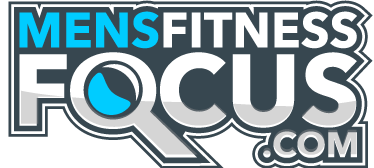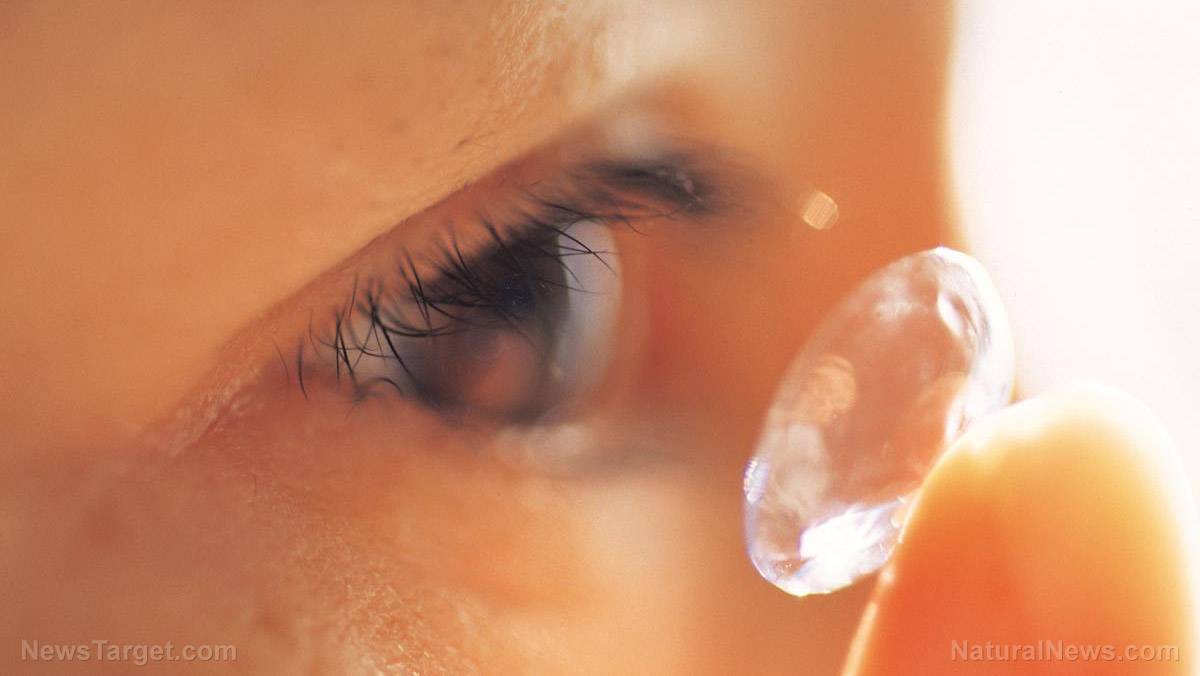Vitamin D can prevent hip fractures in older adults by making their muscles stronger
08/13/2018 / By RJ Jhonson

Vitamin D is a fairly well-known vitamin, thanks largely to its association with calcium. More studies are coming out proving its benefits in building stronger bones. One such study detailed how vitamin D intake can help elderly people avoid hip fractures, thereby protecting them from injury and helping improve their quality of life.
The study involved 4,100 ambulatory, non-institutionalized adults, aged 60 to 90 years. The participants took part in the United States’ National Health and Nutrition Examination Survey. A key factor that determined their qualification for the study was the availability of data relating to their physical performance relevant to muscle strength and lower-extremity function, as well as the serum concentration of 25-hydroxyvitamin D.
The researchers collected various data, including medical comorbidities, activity levels, calcium intake, BMI, race and ethnicity, and family income. They determined the participants’ serum concentrations through radioimmunoassay from venous blood samples.
Finally, they assessed the participants’ lower-extremity function through an eight-foot walk exercise, as well as five repetitions of an exercise that involved sitting and rising from a chair.
The researchers found that while performance tended to vary depending on age and comorbidity, those who had higher serum concentrations also exhibited better performance than those with lower serum concentrations. They noted that lower extremity function is closely associated with the risk for disability, hip fractures, and falls. (Related: Magnesium consumption linked to lower risk of hip fractures.)
Where can you get vitamin D?
Vitamin D is essential in the absorption of calcium. Both adults and children need it to build strong bones. It also has an important role in maintaining healthy cells.
The body naturally synthesizes vitamin D when the skin is exposed to sunlight. As a rule, darker skin leads to lower production of vitamin D. However, one must be careful when staying under the sun, as too much exposure can lead to skin cancer.
It is possible to obtain vitamin D from supplements, but one doesn’t need to go far from his or her diet just to get this crucial nutrient. Here are some of the best sources of vitamin D:
- Salmon – This popular fatty fish is known to contain heart-friendly omega-3 fatty acids and protein. It also contains plenty of vitamin D. Wild salmon has been noted to contain more of the nutrient than farmed salmon. Other good fish sources are herring, halibut, and sardines.
- Canned tuna – Some people prefer canned tuna because of its long shelf life and its affordability. Oftentimes, it is cheaper than buying the fish itself. Canned tuna, just like fresh tuna, is a good source of vitamin D. However, you need to be careful as tuna, like other big fish, contains higher levels of mercury than smaller fishes. Too much of it may lead to mercury poisoning.
- Oysters – These delicious seafood contain high levels of vitamin D, as well other nutrients, such as vitamin B12, zinc, and copper. In fact, oysters actually contain more of these nutrients compared to conventional multivitamins.
- Shrimp – This shellfish contains large concentrations of omega-3 fatty acids and vitamin D. However, it also contains much cholesterol, which means one might take slow when consuming shrimps.
- Egg yolks – Eggs are among the best sources of protein, containing much of the nutrient in a small, easy-to-eat, and delicious package. They also have plenty of vitamin D.
- Mushrooms – Non-animal sources of vitamin D are very few, a small number that includes mushrooms. However, these fungi contain vitamin D2, while animal sources contain vitamin D3. It pays to remember though, that mushrooms synthesize vitamin D from exposure to sunlight, much like the way humans do. For this reason, it is essential to obtain wild mushrooms instead of farmed ones, as the latter are grown in the dark and do not contain much of the nutrient.
Learn of the other benefits of vitamin D at Nurients.news.
Sources include:
Tagged Under: aging, elderly, geriatric health, geriatric safety, hip fracture, muscle strength, Nutrient, nutrition, older adults, seniors, supplements, vitamin D



















